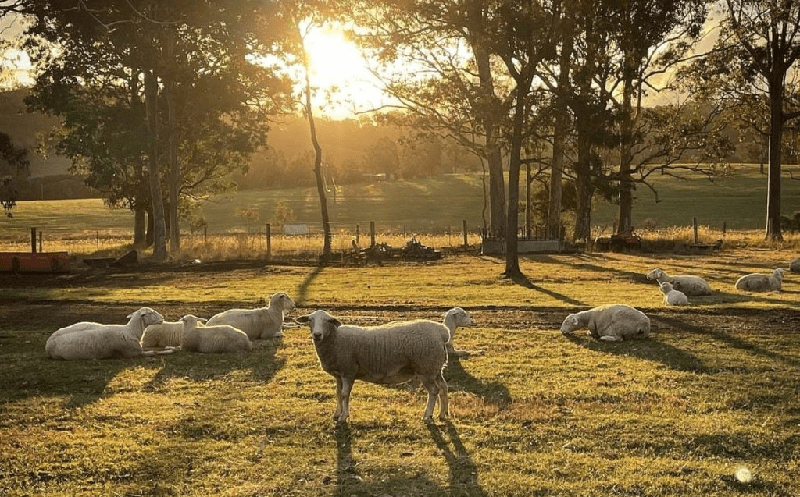In Short : South Pole, a major player in the carbon offset market, has severed ties with a controversial carbon credit scheme called the Kariba REDD+ project. This move comes after concerns were raised about the project’s environmental and social impacts. REDD+ projects aim to reduce emissions from deforestation and forest degradation, but critics argue that some projects lack transparency and fail to deliver the promised environmental benefits. South Pole’s decision highlights the growing scrutiny within the carbon offset industry and the need for rigorous standards to ensure the credibility and effectiveness of such projects in the fight against climate change.
In Detail : It has been issued with around 36 million credits since 2011 but has come under scrutiny from green groups after media reports suggested it had been over-rewarded with credits. “All activities related to carbon certification and carbon credits from the Kariba REDD+ project will now be the responsibility of CGI, and South Pole’s role as the carbon asset developer has ended,” South Pole said in a statement.
Carbon offset developer South Pole has terminated its involvement in a project in Zimbabwe which has generated millions of carbon credits from efforts to prevent deforestation around Lake Kariba, the Swiss firm said on Friday.
South Pole said it was not confident the Kariba REDD+ project – owned and developed by Carbon Green Investments (CGI) – met the standards it expected from its partners. The REDD+ (Reducing Emissions from Deforestation and Forest Degradation) project is one of the world’s largest forest convervation schemes. It has been issued with around 36 million credits since 2011 but has come under scrutiny from green groups after media reports suggested it had been over-rewarded with credits.
“All activities related to carbon certification and carbon credits from the Kariba REDD+ project will now be the responsibility of CGI, and South Pole’s role as the carbon asset developer has ended,” South Pole said in a statement. CGI did not immediately respond to a request for comment.
“Despite materially complying with the relevant Verra and Climate, Community & Biodiversity standard requirements at all stages of the project, we are disappointed with aspects of how the project was managed on the ground by the project owner,” a South Pole spokesperson said. Leading carbon credit offset issuer Verra said last week it had paused issuance of credits to the project while it carried out an investigation.
Carbon offsets are credits for emissions-reducing activity that can be generated through projects such as tree planting or preventing deforestation, which can then be used by companies to help meet climate targets, and offset emissions they are unable to cut from their operations.

